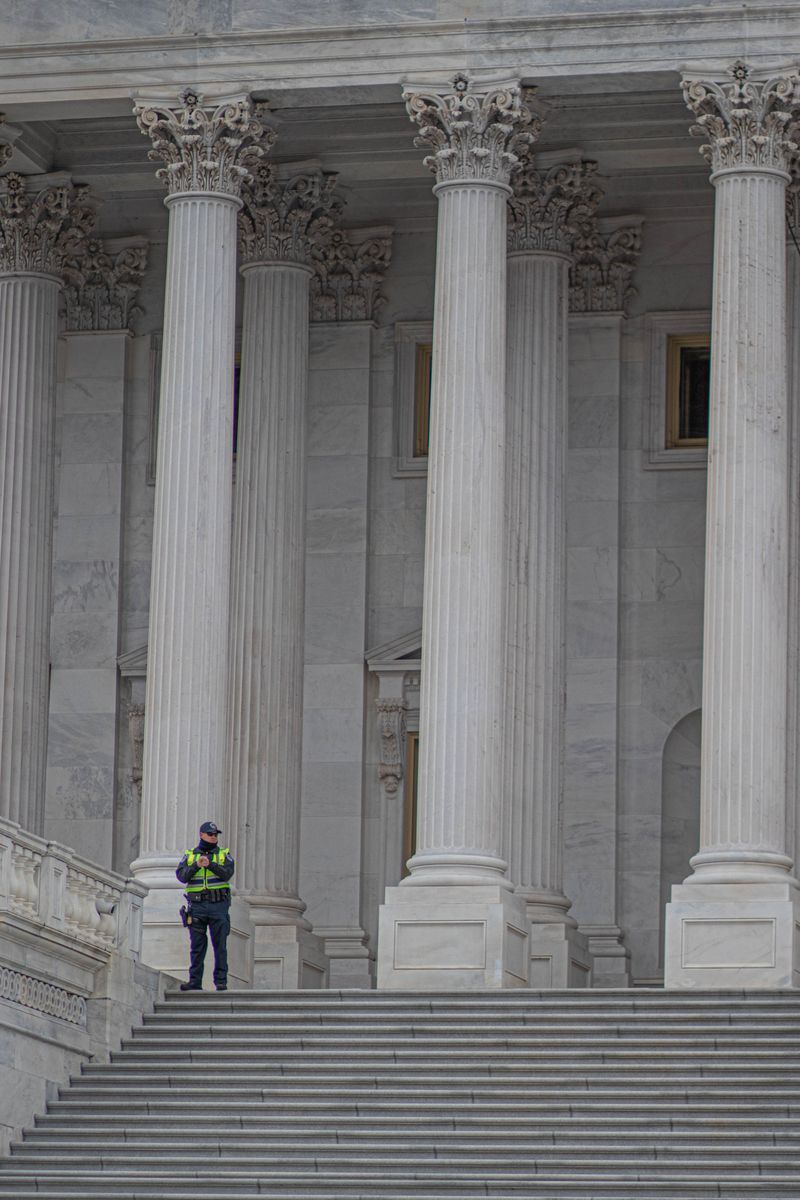The Hunter Biden Plea Deal and the State of Corruption in Politics
The Controversy Surrounding Hunter Biden
The recent news of a plea deal for Hunter Biden, the son of President Joe Biden, has once again ignited the debate over corruption in politics. Hunter Biden, who has been under scrutiny for his business dealings in Ukraine and China, has reached an agreement with the Justice Department, which raises questions about the role of power and privilege in our government.
While the details of the plea deal are yet to be released, the mere existence of such an agreement has already sparked outrage among critics of the Biden administration. They argue that this plea deal is evidence of the corruption they have long alleged is at play in the Biden family.
However, it is important to approach this issue with a critical and nuanced perspective. Corruption in politics is a pressing concern, but it is not unique to any specific party or individual. It is an endemic issue that plagues governments around the world, and addressing it requires a holistic approach.
The Complex Interplay of Politics and Corruption
Corruption in politics is a multifaceted problem that can manifest in various forms. From kickbacks and embezzlement to nepotism and cronyism, the ways in which corrupt practices infiltrate the political landscape are diverse and ever-evolving. The case of Hunter Biden is just one example of this larger problem.
Political corruption not only erodes public trust but also undermines the very foundations of democracy. When political power is abused for personal gain or to benefit a select few, it hampers the equitable distribution of resources, compromises the rule of law, and perpetuates a system where the privileged few continue to thrive at the expense of the many.
It is crucial to recognize that corruption is not solely an issue of individual actors, but also systemic and structural in nature. The influence of money in politics, weak transparency laws, and the lack of robust accountability mechanisms all contribute to the persistence of corruption.
A Call for Reform
The Hunter Biden plea deal serves as a reminder that addressing corruption requires comprehensive reform. Merely punishing individual wrongdoers is not enough; we must tackle the underlying causes and root out corruption at its core.
First and foremost, campaign finance reform is crucial. The outsized influence of money in politics skews the decision-making process and tilts the playing field in favor of wealthy individuals and corporations. Implementing stricter regulations around campaign contributions and increasing transparency in political financing can help level the playing field and reduce the potential for corrupt practices.
Secondly, we need to strengthen oversight and accountability mechanisms. This includes empowering independent institutions such as the Justice Department and reinforcing whistleblower protections. Creating a culture where the exposure of corruption is encouraged and rewarded is essential to ensure that those who abuse their power are held accountable.
Lastly, fostering a culture of ethical leadership is imperative. Political leaders must prioritize the public interest above personal gain and demonstrate a commitment to integrity and transparency. This requires not only the actions of individuals but also the collective efforts of society to demand ethical standards in our political system.
A Path Towards a More Transparent Future
The plea deal involving Hunter Biden serves as a reminder that corruption is a perennial problem that requires constant vigilance and concerted efforts to combat. By addressing the root causes of corruption and advocating for systemic reforms, we can pave the way for a more transparent and accountable future.
While the specific details of the Hunter Biden plea deal will undoubtedly fuel political debates, it is crucial not to lose sight of the bigger picture. Corruption transcends party lines and seeks to erode the foundations of our democratic institutions. We must work collectively to ensure that the actions of individuals do not overshadow the urgent need for comprehensive reform to combat corruption at all levels of governance.

<< photo by Markus Spiske >>
The image is for illustrative purposes only and does not depict the actual situation.
You might want to read !
- Hunter Biden Charged with Tax Evasion: Unraveling the Implications
- Farewell to Civility: Baier and MacCallum Tackle GOP Debate Chaos
- Trump’s Refusal to Commit to Primary Debates Raises Concerns Over Transparency and Accountability
- Exploring the Significance of Juneteenth 2023: Open and Closed Institutions
- Remembering Daniel Ellsberg: The Legacy of a Courageous Whistleblower
- The Legacy and Impact of Daniel Ellsberg, the Whistleblower Who Exposed Government Secrets
- “Hunter Biden’s Guilty Plea: Exploring the Legal Outcome and Implications”
- “Analyzing the Legal Implications: Hunter Biden’s Potential Guilty Plea”
- The Legacy and Controversies of Silvio Berlusconi, Italy’s Former Prime Minister
- The Implications of Jack Smith’s Involvement as Special Counsel in Trump’s Ongoing Legal Battles
- Unveiling the Mysterious Special Counsel Jack Smith Behind Trump’s Classified Information Disclosure




